I always feel like not enough is said about the pre-publication phase, especially when self-publishing a book. And I’m not talking about the early media pitching or anything like that. I mean the process of making sure you’re really ready to hit the ground running when your book launches.
Too many times authors publish a book and then start to ask things like: who is my reader audience and: is this book really ready to be published? The sad part is, asking these questions after you’ve hit “publish” is too late. This is why I was so excited to find this article on what questions to ask yourself before you publish a book. Because it’s better to ask yourself these questions now, rather than spend the time, effort, and money to publish a book that just won’t sell.
Enjoy this article!
Don’t Self-Publish A Book Before Answering These Crucial Questions
By J.J. Hebert
While it might be true that self-publishing a book is now easier than ever, it could also be said that self-publishing a successful book might be more difficult than ever.
In 2018 alone, more than 1.67 million books were self-published, so the competition is fierce. It’s not enough to self-publish your book on Amazon and expect readers to find it among millions of other books. As a best-selling author myself, I believe there are many questions you should ask yourself before self-publishing a book, but here are the most crucial questions:
1. Is your book ready for the public?
Many self-publishing authors ignore this question, creating a stigma around self-publishing. Thankfully, there have been countless successful self-published authors throughout the past decade to offset some of the junk on the market and prove that self-publishing is a viable publishing option if done correctly (i.e., producing a quality book).
If you publish a first or early draft that has not been edited, you can’t expect positive results. It’s true that one of the major perks of self-publishing is that there are no gatekeepers involved. You can publish your book according to your own timeline, and then the consumers ultimately decide if your book is quality by way of reviews and sales. But the lack of gatekeepers can also be dangerous in terms of quality control.
If you’re going to bypass the gatekeepers of the literary world (e.g., literary agents, traditional publishers), then you need to make sure to at least consult with a professional editor prior to publication. And even before that step, give your manuscript to some beta readers to gather feedback. The point here is that releasing your book before it’s ready could destroy your chance of success and reputation as a writer.
2. Which self-publishing platform are you going to use?
Self-publishing platforms are not created equal. Some have serious limitations to consider, including limited distribution, lack of services and support, low royalty payouts, difficult software, only one format and stringent file requirements for publishing. Costs vary wildly. You should choose a self-publishing platform that’s within your budget, of course, but also focus on reaching the widest audience possible with a top-notch book.
If you don’t mind doing the bulk of the work yourself and outsourcing the rest to freelancers, then do-it-yourself self-publishing platforms might be ideal for you. Just make sure you choose an option that allows you to distribute to a diverse group of retailers, not just Amazon. If you’d rather spend your time on writing and marketing instead of producing your book, hire a full-service self-publishing company to help with book design, editing, illustration, publishing, distribution and sales, etc.
3. Which book formats do you plan to offer?
The answer to this might seem obvious. Many new authors dive headfirst into the e-book market, ignoring print altogether. This is a fatal mistake for book sales. Believe it or not, print books are still more popular than e-books, so you should never ignore offering a print version of your book.
For my own book releases, I’ve personally focused on paperback and e-book formats. Paperback is a perfect print format in my experience because, beyond its popularity, a paperback can be sold affordably. A $14.99 or $9.99 retail price, for example, is much more appealing to consumers than a $24.99 price point for a hardcover book. Likewise, an e-book priced between $2.99 and $6.99 can sell a lot of units.
4. Who is your target audience?
As the owner of MindStir Media, a leading self-publishing company, one of the most common responses I hear to this question is “everyone.” Unfortunately, that’s the worst possible answer. Your book is not for everyone. Focusing on everyone will make your book nearly impossible to market because your marketing campaigns will be completely untargeted.
As with any product, you must determine your ideal customer before launching your book product. Some important reader demographics to consider include age, gender, location and interests. Pinpointing your target audience is important because it will allow you to target the proper consumers in your marketing efforts. It will also save you a lot of money because you won’t be blindly wasting your funds on readers who naturally have no interest in your book.
5. Where and how will you market your book?
Digital marketing is king these days because you are able to reach vast numbers of targeted consumers instantly and affordably. Examples of digital marketing include online advertising, social media, email marketing and search engine optimization, among others.
If you’re going to properly target your audience with your digital marketing campaigns, you need to determine where your audience likes to spend their time. If you’re launching a teen novel, Instagram, TikTok and Snapchat are great platforms to leverage. If your book centers on knitting, for example, you could run Facebook ads targeting women who are interested in knitting and then advertise through knitting magazines. Most magazines will allow you to email their subscribers for a fee.
Self-publishing is a wonderful and viable book publishing option for millions of writers. It allows you to keep your rights and creative control, but if you plan on going the self-publishing route, the aforementioned questions can guide you along the way. After all, if you want to self-publish your book, you’ll need to plan accordingly to maximize your chances of success.
J.J. Hebert is the CEO at MindStir Media, an award-winning publishing company.
Resources and Free Downloads
Self Publishing a Book Requires the Right Focus
10 Common Book Marketing Mistakes: Book Marketing Podcast Episode
Check out the Alliance of Independent Authors for news and resources
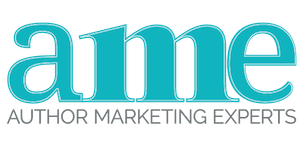
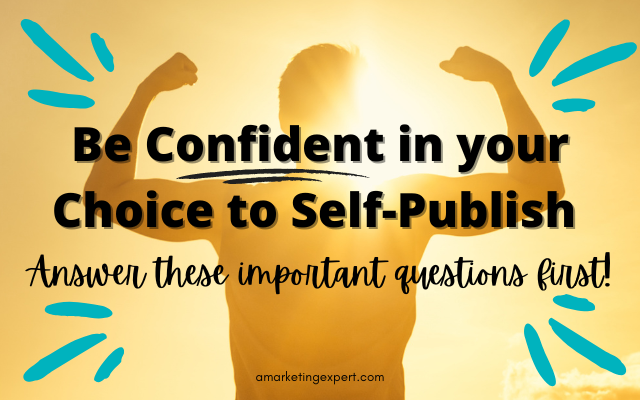
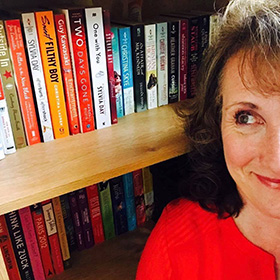
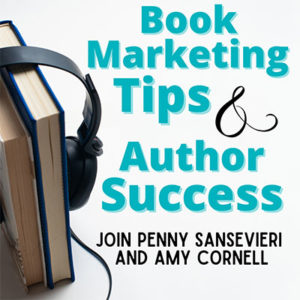
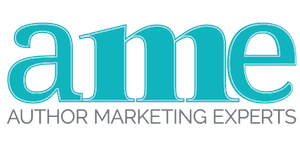
Greetings: I have written my seventh book, all non-fiction and published them with a variety of publishers including Ingram and Tate.
Tate was an on going criminal enterprise.
I am poised to load it on Draft 2 Digital for in print and e book. I also want it to be an audio book. The book is approximately 55,000 words. well edited with two illustrations. It is entitled Gambling with the Hidden Epidemic of STDs: Choice, Risks and Consequences. The target demographic market is ages 15-35. However, parents and teachers need to deliver the message to them. Ideas????